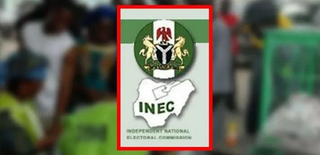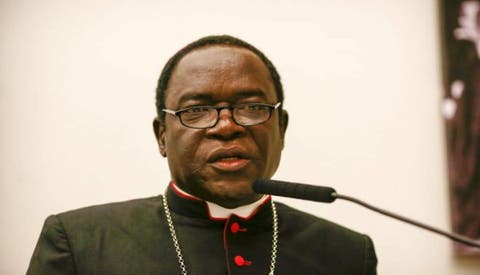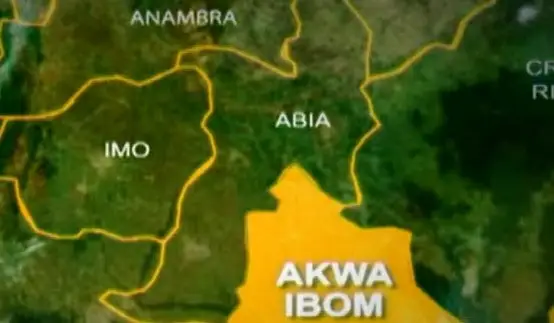Federal High Court sitting in Abuja, on Friday, declared that the Independent National Electoral Commission, INEC, acted unlawfully, when it stopped the Continuous Voters’ Registration, CRV, exercise on July 31, more than six months to the 2023 general elections.
The court, in a judgement that was delivered by Justice Inyang Ekwo, said it was convinced that the action by electoral body, “would disenfranchise millions of eligible potential voters”.
It held that INEC could only stop the CRV exercise, at least 90 days before the next general elections scheduled for February 25, 2023.
The judgement followed a suit marked FHC/ABJ/CS/1335l2022, which was filed before the court by a frontline constitutional lawyer, Chief Mike Ozekhome, SAN, and Abubakar Damisa Sani.
Justice Ekwo, held thus: “In
my opinion, the intent of the lawmaker in making any law is that any person to whom the responsibility, power or authority for implementing the law Is given must act reasonably in doing so
“This means that the power of the Defendant to stop the exercise of continuous registration of voters not later than 90 days before the general elections must be exercised reasonably.
“The Defendant ended the CVR on 31st July, 2022 when the general election by its Timetable starts on 25th February, 2023.
“By simple arithmetic, the period between 31st July, 2022 and 25th February, 2023 is 208 days.
“In other words, what the Defendant is saying in its defence, is that it needed to end the CVR exercise on 31st July, 2022 which is 208 days from the date of the general election which is 25th February, 2023, at the time it did, so that the permanent voters’ cards will be printed in good time and distribution of same can commence in earnest as what use will extending the CVR exercise serve if the Defendant is not able to meet the timelines stated in Exhibit INEC 3.
“I cannot agree with the Defendant that it needs 208 days to produce permanent voters’ cards.
“Before making Exh. INEC 3, the Defendant must have satisfied itself of its capacity to produce permanent voters‘ cards and distributed same to all registered voters in Nigeria.
“It is apparent from the averments of the Defendant that they do not have the equipment that is capable of producing at the complimentary level of voters registration.
“However, the case is, the excuse given by the Defendant for stopping the CVR on 31st July, 2022, thereby depriving the Plaintiffs and other Nigerians who are eligible to vote in the 2023 general elections is not tenable going by the facts of this case.
“As I look at it now, it is my opinion that the Defendant was hasty in stopping the CVR on 31st JuIy, 2022 for the general electIons that will hold on 25th February, 2023 and 11th March, 2023 respectIvely.
“The case of the PIaintiffs therefore succeeds on the merit and I answer their sole question In the negative.
“A Declaration is hereby made that the stoppage of the continuous voters registration by the Defendant on the 31th of July, 2022, amounts to disenfranchisement of citizens who have attained or wlll attain the age of 18 years before 28th day of November, 2022, being 90 days to the date of the general elections scheduled to hold on 25th February, 2023”, Justice Ekwo held.Though the court upheld the case of the plaintiffs, it, however, declined to issue a mandatory order of injunction to compel INEC which was cited as the sole defendant in the matter, to forthwith, in line with section
9 (6), 10 (1), and 12 (1) of the Electoral Act, 2022, extend the CVR exercise till November 27, which will be 90 days to the general elections.
The court equally refused to order INEC to allow citizens who have the temporary voters card to vote in the forthcoming elections In 2023, they, having been duly registered as voters but could not be given their Permanent Voters Card, PVC, due to the stoppage of the registration and collection of permanent voters’ card by INEC on July 31, 2022, contrary to the provisions of sections 9 (6) and 10 (1) of the Electoral Act, 2022.







